AI isn’t just changing how we write or code, it’s shifting how people blow up on social media too. In fact, many creators kick off their visibility boost with simple strategies like searching on Google, “How Can I Buy 1,000 TikTok Followers?” But long-term growth? That’s where tech tools start pulling their weight.
Content Ideas on Auto-Pilot
Running out of content ideas happens to everyone. That’s where AI tools like ChatGPT or Jasper can help. Plug in your niche, say, tech tutorials or gadget unboxings, and these tools throw back ideas that actually make sense. You’ll spend less time staring at a blank screen and more time editing your next post.
Script Writing and Caption Tweaks
Good captions hook people fast. But great ones get shared. AI-powered tools like Copy.ai or Writesonic take your rough thoughts and sharpen them into punchy, scroll-stopping lines. You don’t need a full-on writing team anymore. You just need the right software and a little sense of humor.

Trend Prediction Without Guesswork
Instead of relying on whatever’s viral this second, platforms like TrendSpider or BuzzSumo use data to spot rising trends before they spike. It’s like surfing, you want to catch the wave before everyone else is already riding it. These tools give creators an edge without needing to spend hours analyzing charts.
Visual Edits Made Easy
Even the most camera-shy creator can make pro-level visuals now. AI tools like Runway or CapCut’s AI feature handle background removal, auto-captions, or even face enhancements. Want to animate text or smooth out shaky shots? There’s an AI for that too. The gap between pro editors and DIY creators just got smaller.
Profile Optimization With Smart Insights
Sometimes your content is solid, but your profile? Not so much. AI tools like Pallyy or Flick analyze what’s working (and what’s dead weight). They’ll tell you which bios to convert, what hashtags to dump, and when your audience is actually online. It’s like having a mini growth consultant whispering in your ear.
Scheduling So You Don’t Burn Out
Posting daily can feel like a full-time job. AI schedulers like Later or Metricool let you map your week in one sitting. They even recommend the best time to post. That means more time for creating, or just catching up on sleep.

A Boost Doesn’t Hurt Either
Let’s be honest, TikTok isn’t always kind to new accounts. Even if your content’s good, it can sit unseen. That’s why some creators start with an initial push and Buy 1,000 TikTok Followers to make their profile look alive. Once you have some traction, the algorithm usually starts to pay attention.
Wrapping Up
Being a tech creator on TikTok is less about flashy gadgets and more about how you use tools behind the scenes. AI can cut down your content prep time, polish your presentation, and even predict what’s going to hit next. With smart planning and a bit of help, you’ll stop scrolling through other people’s viral clips and start making your own.…





 Your Instagram insights are like a treasure map, showing you exactly where X marks the spot for engagement gold. Third-party analytics platforms such as Later, Hootsuite, or Sprout Social reveal patterns that Instagram’s native analytics might miss. These tools track your followers’ activity times, helping you post when your audience is most active and ready to engage. You can identify which content types perform best by examining metrics like saves, shares, and comments rather than just likes. Smart creators also use these platforms to monitor competitor performance, spotting trends before they become oversaturated. The data doesn’t lie – creators who post at optimal times see up to 70% higher engagement rates than those who post randomly.
Your Instagram insights are like a treasure map, showing you exactly where X marks the spot for engagement gold. Third-party analytics platforms such as Later, Hootsuite, or Sprout Social reveal patterns that Instagram’s native analytics might miss. These tools track your followers’ activity times, helping you post when your audience is most active and ready to engage. You can identify which content types perform best by examining metrics like saves, shares, and comments rather than just likes. Smart creators also use these platforms to monitor competitor performance, spotting trends before they become oversaturated. The data doesn’t lie – creators who post at optimal times see up to 70% higher engagement rates than those who post randomly.




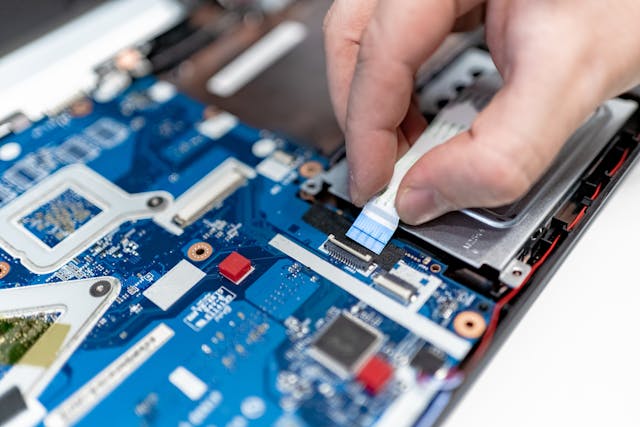
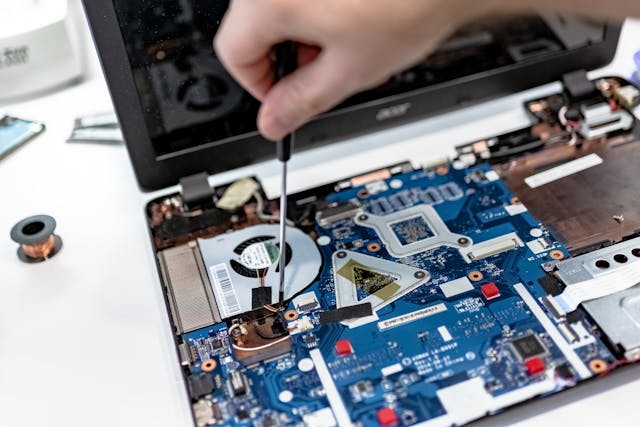
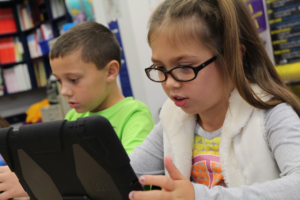 We can’t seem to stop playing trivia. Thus, it’s necessary to keep it fun. If you notice, some recommended trivia apps for Apple devices are available as paid apps. Suppose you are not willing to spend cash on these trivia apps. You can try to install those apps for free through
We can’t seem to stop playing trivia. Thus, it’s necessary to keep it fun. If you notice, some recommended trivia apps for Apple devices are available as paid apps. Suppose you are not willing to spend cash on these trivia apps. You can try to install those apps for free through  You can get this trivia app made by Griptonite games for $3.99. Is there anything about Ben Stein that screams accurate but inconsistent facts? Well, it could be either the nasal monotone or the horn-rimmed glasses. Whatever it is, the game is full of Stein’s gaffes or Stein’s sarcasm. You can even show your selfishness and get rid of some of Stein’s hard-earned money (recalling the TV prequel “Win Ben Stein’s Money”). This trivia is significant and well worth the $3.99. Fortunately, this app is also available in the lite version to try for free. Is there a better trivia app than this? Bueller? Bueller?
You can get this trivia app made by Griptonite games for $3.99. Is there anything about Ben Stein that screams accurate but inconsistent facts? Well, it could be either the nasal monotone or the horn-rimmed glasses. Whatever it is, the game is full of Stein’s gaffes or Stein’s sarcasm. You can even show your selfishness and get rid of some of Stein’s hard-earned money (recalling the TV prequel “Win Ben Stein’s Money”). This trivia is significant and well worth the $3.99. Fortunately, this app is also available in the lite version to try for free. Is there a better trivia app than this? Bueller? Bueller? This
This  Panda Helper is now becoming more evident in modern society. It has all of the qualities you would expect from similar software, but where it excels is in supplying modified versions of matches. If you have ever wanted to experience what it is like to have infinite lives, bottomless sports tools, and unlimited ammo, then make sure you check out Panda Helper-based games. For this reason, you may experience some games you couldn’t locate from the AppStore.…
Panda Helper is now becoming more evident in modern society. It has all of the qualities you would expect from similar software, but where it excels is in supplying modified versions of matches. If you have ever wanted to experience what it is like to have infinite lives, bottomless sports tools, and unlimited ammo, then make sure you check out Panda Helper-based games. For this reason, you may experience some games you couldn’t locate from the AppStore.… The software that
The software that 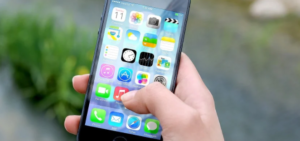 T-Mobile has attracted an Android phone application in the beta version known as “device tuning application” the application is intended to make the most of Android 2.1 performance by closing all applications that are accessible but new ones. Phones are similar to computers. Having many screens or programs open can slow down your PC. Also, you can find Android applications through the Internet. You can also download several useful applications from these devices, and you will have the ability to use them as needed. Some of the best Android applications are listed below:
T-Mobile has attracted an Android phone application in the beta version known as “device tuning application” the application is intended to make the most of Android 2.1 performance by closing all applications that are accessible but new ones. Phones are similar to computers. Having many screens or programs open can slow down your PC. Also, you can find Android applications through the Internet. You can also download several useful applications from these devices, and you will have the ability to use them as needed. Some of the best Android applications are listed below: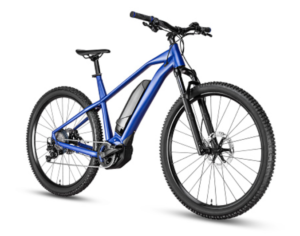




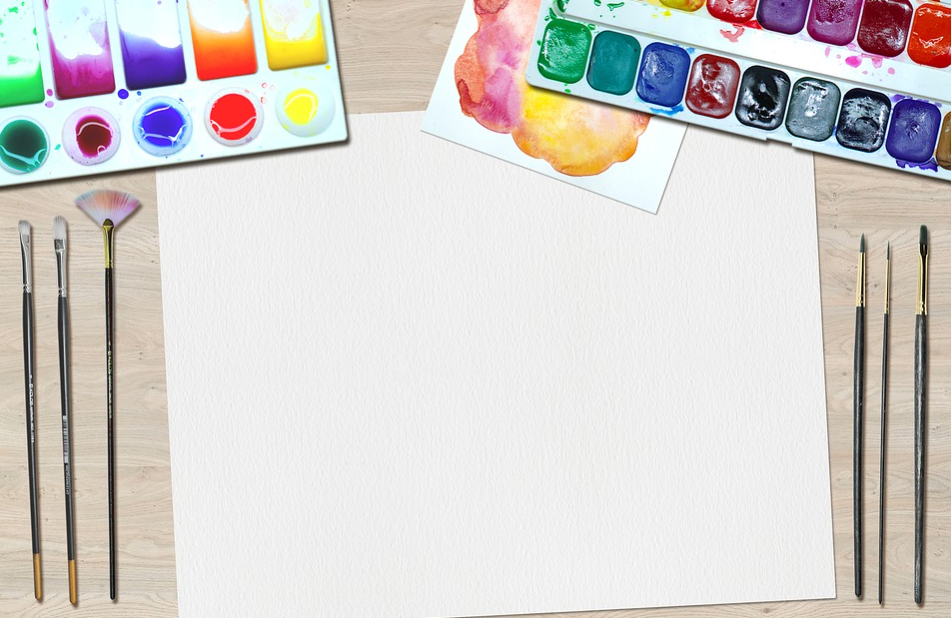
 It is, in fact, the easiest of all free drawing programs on your iPad through the port. The app has a variety of pencil colors that you can choose, depending on your choice. There is also an option to redo or undo your drawing if you want to correct your drawing. This program is much more suitable for children to explore creatively than for professionals.
It is, in fact, the easiest of all free drawing programs on your iPad through the port. The app has a variety of pencil colors that you can choose, depending on your choice. There is also an option to redo or undo your drawing if you want to correct your drawing. This program is much more suitable for children to explore creatively than for professionals.
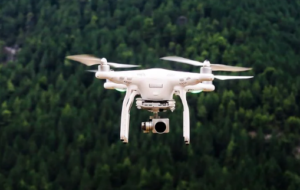 There is no specific altitude and speed that your device should have – it depends on your preferences, which are based on your needs. If you are trying to find a device that allows you to capture live video in a game, choose a device that can be up to 300 feet high. This way, you can easily capture all the action. When you get the device you want, consider many tips before you start flying.
There is no specific altitude and speed that your device should have – it depends on your preferences, which are based on your needs. If you are trying to find a device that allows you to capture live video in a game, choose a device that can be up to 300 feet high. This way, you can easily capture all the action. When you get the device you want, consider many tips before you start flying.
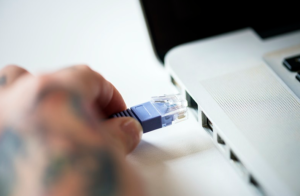

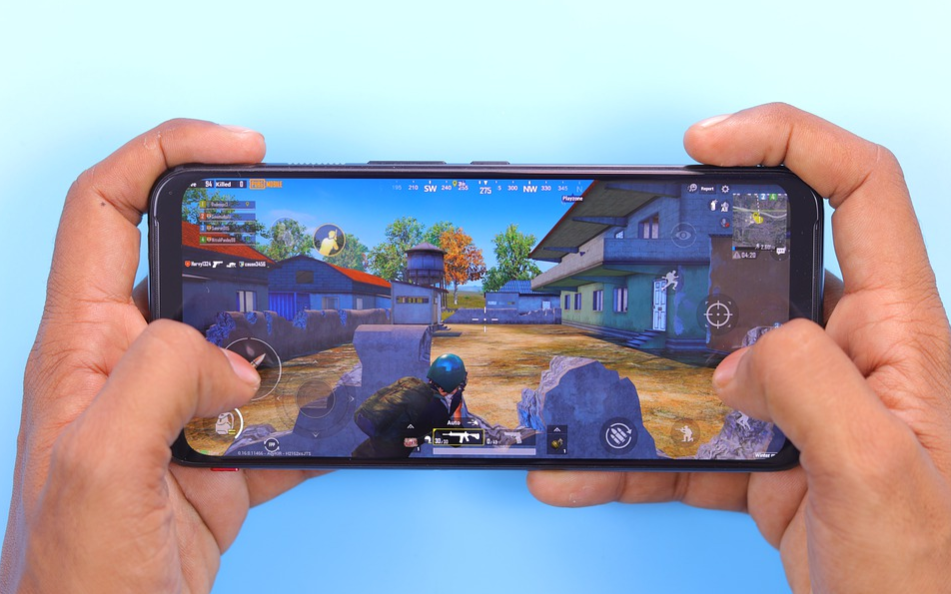
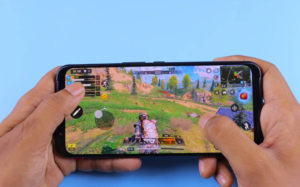 The fun thing about mobile games lies in its multiplayer feature. The idea of this feature is based on the new generation games created with Al-Computer. The method adds value to worldwide gamers to enjoy their favorite games against others in near or closer proximity. It does not need a console or cable to connect because your smartphone and internet connection can make it all work.
The fun thing about mobile games lies in its multiplayer feature. The idea of this feature is based on the new generation games created with Al-Computer. The method adds value to worldwide gamers to enjoy their favorite games against others in near or closer proximity. It does not need a console or cable to connect because your smartphone and internet connection can make it all work. 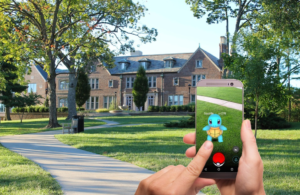 Not only multiplayer game feature, but the development of the mobile game has also shown the trend of interactive GPS or location-based games. The famous model of this game trend is Pokemon Go with its exceptional
Not only multiplayer game feature, but the development of the mobile game has also shown the trend of interactive GPS or location-based games. The famous model of this game trend is Pokemon Go with its exceptional  Some passwords are the most often used for the recent years and will apparently remain later on. Steering distinct of those passwords may appear clear. However, the simple truth that people remain to use them symbolizes that not everyone knows the risks behind them. Many of the common used passwords could be available through a google search, giving possible hackers expected to try them.
Some passwords are the most often used for the recent years and will apparently remain later on. Steering distinct of those passwords may appear clear. However, the simple truth that people remain to use them symbolizes that not everyone knows the risks behind them. Many of the common used passwords could be available through a google search, giving possible hackers expected to try them. That’s because seasoned hackers will usually use computerized tools that make arbitrary strings of characters before the appropriate one, as an electronic test and failure method. Though it can be complicated to remember what numbers you place at your password’s decision or one of these letters you produced a capital, it’s a worthy sacrifice to restore your passwords.
That’s because seasoned hackers will usually use computerized tools that make arbitrary strings of characters before the appropriate one, as an electronic test and failure method. Though it can be complicated to remember what numbers you place at your password’s decision or one of these letters you produced a capital, it’s a worthy sacrifice to restore your passwords. This monitoring and
This monitoring and  Employing hidden cameras has not been more user friendly, using one push of this button and you are going to be discreet recording. They are equipped with an HD grade resolution. Installation and simple preparation using any technical skills necessary to function. Contained with the spy pencil is an 8GB SD card, for sound and crystal clear video. After movie or pictures is listed, hook this up uploaded to look at at your convenience. A vital spy utility for anybody intending to capture something or someone from the action, red-handed with irreversible evidence. Useful in situations where individuals currently imagine something. How often have people wished they had a camera on hand. You’ll be the one to shooting the scene. The spy pen is practical as a writing pen.
Employing hidden cameras has not been more user friendly, using one push of this button and you are going to be discreet recording. They are equipped with an HD grade resolution. Installation and simple preparation using any technical skills necessary to function. Contained with the spy pencil is an 8GB SD card, for sound and crystal clear video. After movie or pictures is listed, hook this up uploaded to look at at your convenience. A vital spy utility for anybody intending to capture something or someone from the action, red-handed with irreversible evidence. Useful in situations where individuals currently imagine something. How often have people wished they had a camera on hand. You’ll be the one to shooting the scene. The spy pen is practical as a writing pen.
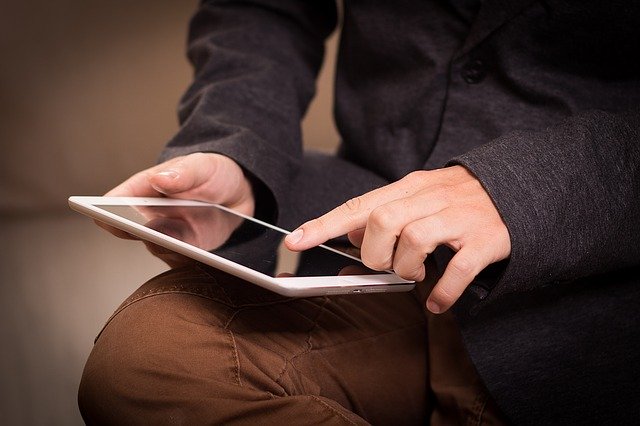
 The programmers performing job duties for operating systems that are various are aware of dangers and dangers. Provided that programmers maintain the instructions, the software stays safe. Safety is a thing for a program developer. As a software store, sensitive company information, consumer information, and other files. There’s an app shop principle for iOS app programmers, and the rule must be followed by them to design software that hits the download speed. As the consumers of their operating are greater than others, programs are crowding the play shop. The material discusses the best practices for such a high level of safety made by
The programmers performing job duties for operating systems that are various are aware of dangers and dangers. Provided that programmers maintain the instructions, the software stays safe. Safety is a thing for a program developer. As a software store, sensitive company information, consumer information, and other files. There’s an app shop principle for iOS app programmers, and the rule must be followed by them to design software that hits the download speed. As the consumers of their operating are greater than others, programs are crowding the play shop. The material discusses the best practices for such a high level of safety made by  Programmers can make awesome application. They create the security that is built-in more powerful. They comprise code obfuscation and code encryption to design protection for your
Programmers can make awesome application. They create the security that is built-in more powerful. They comprise code obfuscation and code encryption to design protection for your  In picking a gaming chair is concerned, the size is of utmost importance. Dependent on your room’s dimensions, be certain that you receive the dining table. It is possible to use a tape measure to assess the aspects of your desk. You are able to come across the
In picking a gaming chair is concerned, the size is of utmost importance. Dependent on your room’s dimensions, be certain that you receive the dining table. It is possible to use a tape measure to assess the aspects of your desk. You are able to come across the  To start with, you need to think about your financial plan. Gaming desks may cost you tens of thousands of penny. You might have an office at your budget. The great thing is that a fantastic desk can be bought under $400.
To start with, you need to think about your financial plan. Gaming desks may cost you tens of thousands of penny. You might have an office at your budget. The great thing is that a fantastic desk can be bought under $400. The application must also include a complete menu that lists the type of food, expenses, parts, etc. of each product exactly as delivered from the restaurant tables. It is necessary to set a search button. It is more difficult to categorize the menu so customers can inquire about their favorite dishes and enter a name. Suppose owners want to produce their program better than other counters. In that case, they can also add a function to customize the order, i.e., customers can request additional side dishes or condiments in their meals. Restaurants avoid this attribute. Owners can retain customers for orders by placing an order. Once they have been able to redeem a certain amount of time for deliveries or meals, you will notice this advantage. Plans can be useful to motivate satisfied customers to recommend others and earn reward points.
The application must also include a complete menu that lists the type of food, expenses, parts, etc. of each product exactly as delivered from the restaurant tables. It is necessary to set a search button. It is more difficult to categorize the menu so customers can inquire about their favorite dishes and enter a name. Suppose owners want to produce their program better than other counters. In that case, they can also add a function to customize the order, i.e., customers can request additional side dishes or condiments in their meals. Restaurants avoid this attribute. Owners can retain customers for orders by placing an order. Once they have been able to redeem a certain amount of time for deliveries or meals, you will notice this advantage. Plans can be useful to motivate satisfied customers to recommend others and earn reward points. Not customers, but restaurateurs will benefit from the Internet when they shop through the application. It must be composed of a script so that the owners can manage the wishes of customers and the food list. They will also be able to track orders through the application while adding descriptions or images around the menu, including editing or changing kitchens. If necessary, owners can track progress and review reviews or ratings.
Not customers, but restaurateurs will benefit from the Internet when they shop through the application. It must be composed of a script so that the owners can manage the wishes of customers and the food list. They will also be able to track orders through the application while adding descriptions or images around the menu, including editing or changing kitchens. If necessary, owners can track progress and review reviews or ratings.
 A baby video monitor is a great alternative if you want to feel more assurance of seeing your baby visually. Also, this video screen monitor has better privacy from external interference at your home. The transmission signals are even stronger to deliver better images and sounds. The monitor consists of a small camera positioned on a table near the crib as a transmitter and a handy television screen as a receiver. When the baby’s room light is dark, you can also turn on the night vision in your video screen monitor.
A baby video monitor is a great alternative if you want to feel more assurance of seeing your baby visually. Also, this video screen monitor has better privacy from external interference at your home. The transmission signals are even stronger to deliver better images and sounds. The monitor consists of a small camera positioned on a table near the crib as a transmitter and a handy television screen as a receiver. When the baby’s room light is dark, you can also turn on the night vision in your video screen monitor.

 In both cases, you would leave it so that the other player and your sport can play and progress for you. When you offer your account information, you can be sure that you can trust the information you want to use for your games! A hacker may use your account to enter all kinds of information, so be careful not to look for games associated with you. You may review testimonials, and there may be a list along with the entire Better Business Bureau. This form of advice can help determine which solutions are reliable and which are not.…
In both cases, you would leave it so that the other player and your sport can play and progress for you. When you offer your account information, you can be sure that you can trust the information you want to use for your games! A hacker may use your account to enter all kinds of information, so be careful not to look for games associated with you. You may review testimonials, and there may be a list along with the entire Better Business Bureau. This form of advice can help determine which solutions are reliable and which are not.…